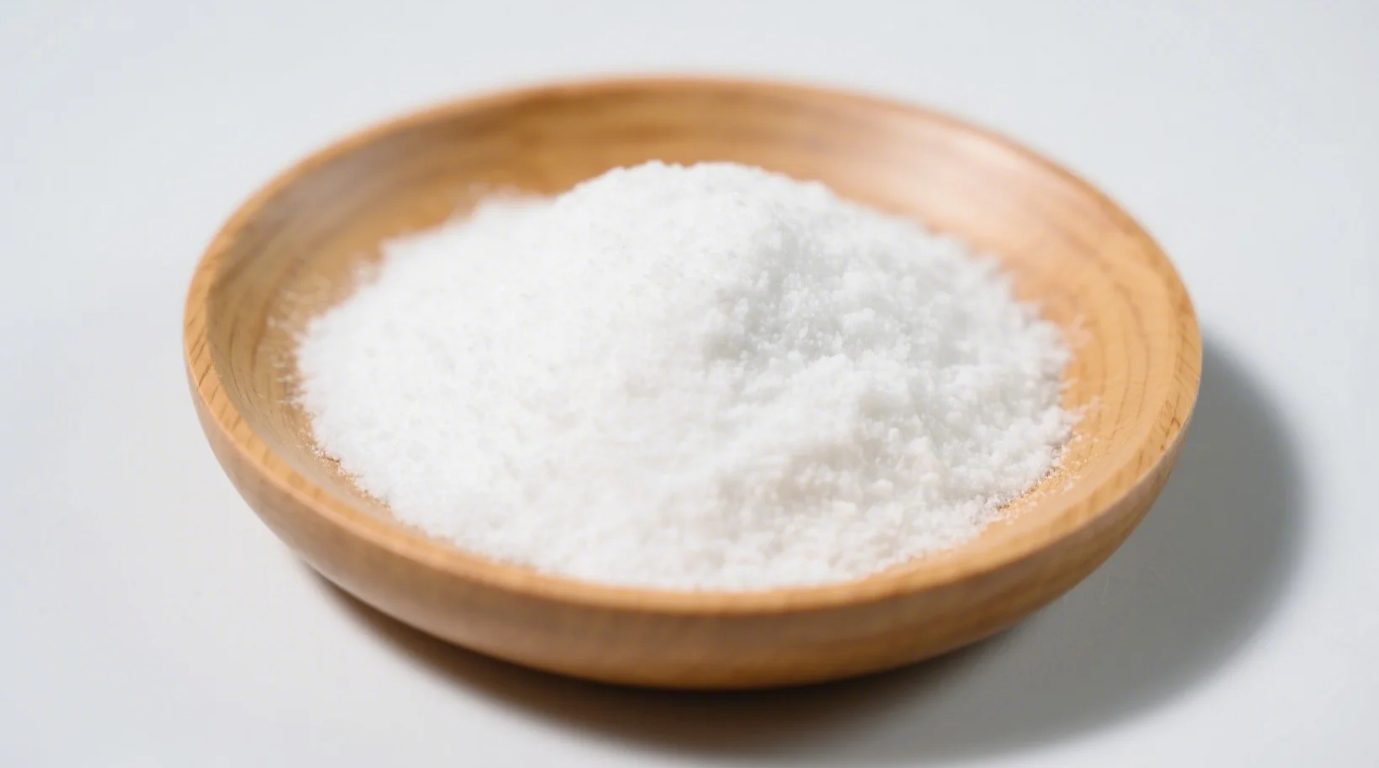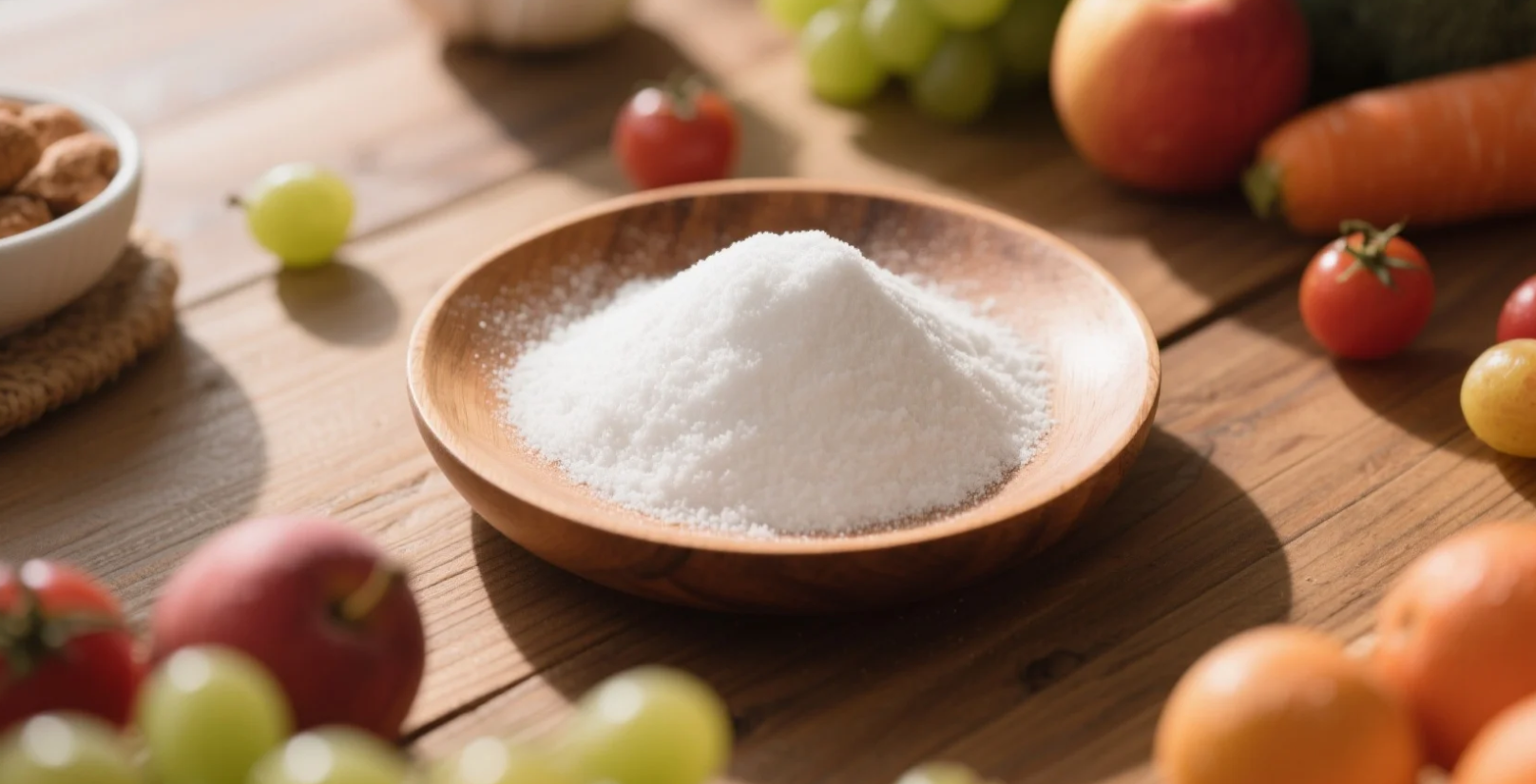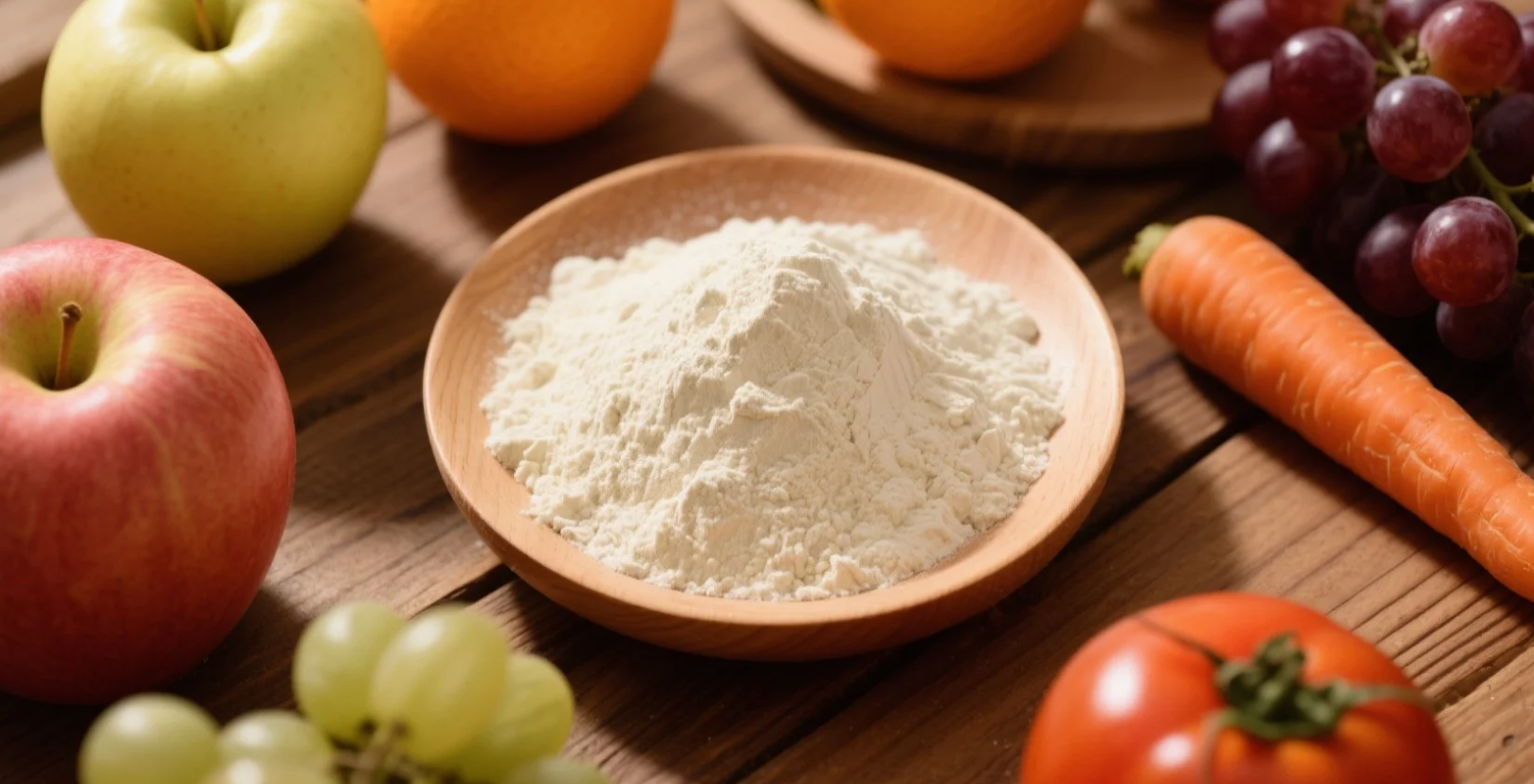Table of Contents
Reducing sugar intake is no longer a trend—it’s a global health priority. While traditional sugar has long dominated the food and beverage industry, consumers and manufacturers are seeking alternatives that deliver sweetness without negative health impacts.
Organic allulose syrup has emerged as a natural, low-calorie alternative that mimics sugar in taste, texture, and functionality. This guide compares organic allulose syrup with traditional sugar to help manufacturers and consumers make informed choices.
1. Calorie Comparison: Allulose vs Sugar
One of the most striking differences between organic allulose syrup and traditional sugar is calorie content:
| Sweetener | Calories per Gram | Impact on Weight Management |
|---|---|---|
| Organic Allulose Syrup | 0.4 kcal | Supports low-calorie and weight-friendly products |
| Traditional Sugar | 4 kcal | Contributes to excess calorie intake and obesity risk |
Using organic allulose syrup allows brands to create low-calorie beverages, baked goods, and snacks without compromising on sweetness.
2. Glycemic Impact and Diabetic-Friendly Use
Traditional sugar can cause rapid spikes in blood glucose and insulin, making it unsuitable for diabetic-friendly and low-carb products.
Organic allulose syrup, on the other hand:
- Has a very low glycemic index
- Does not significantly affect blood sugar
- Is suitable for keto and diabetic formulations
This makes it a safer alternative for health-conscious consumers.
3. Taste and Functional Performance
Many sugar alternatives compromise on taste or texture, but organic allulose syrup performs similarly to sugar in both:
- Sweetness: Approximately 70% as sweet as sugar, with a clean, natural taste
- Browning & Caramelization: Supports baked goods and confectionery
- Moisture Retention: Helps cakes, muffins, and pastries remain soft
- Solubility: Perfect for beverages, syrups, and sauces
Traditional sugar has been the standard for these functionalities, but allulose syrup matches most industrial requirements while being healthier.
4. Applications Across Product Categories
Organic allulose syrup is highly versatile and can replace sugar in many products:
- Beverages: Sugar-free juices, energy drinks, teas, and coffees
- Bakery & Confectionery: Cakes, cookies, chocolates, and gummies
- Dairy & Alternatives: Ice creams, yogurts, and plant-based milks
- Functional Foods: Keto-friendly snacks, low-carb bars, diabetic-friendly treats
Switching from sugar to organic allulose syrup allows manufacturers to innovate without reformulation difficulties.
5. Why Brands Are Making the Switch
Manufacturers are increasingly opting for organic allulose syrup due to:
- Health Benefits: Low-calorie, low-glycemic sweetener
- Consumer Preference: Clean-label, natural, and organic
- Regulatory Compliance: Meets sugar-reduction initiatives
- Formulation Flexibility: Works seamlessly in multiple applications
Brands that integrate organic allulose syrup gain a competitive edge in the growing health-focused and sugar-reduced market.
Conclusion
When comparing organic allulose syrup to traditional sugar, the benefits are clear:
- Fewer calories
- Minimal impact on blood sugar
- Natural sweetness with superior functional properties
For manufacturers seeking low-calorie, keto-friendly, and clean-label products, ORGANICWAY offers premium organic allulose syrup suitable for bulk supply and industrial formulations.
Contact us today to request a free sample or discuss bulk purchasing options.
Related Products
Organic Allulose Sweetener
Source premium Organic Allulose Powder and Syrup. A clean-label, low-calorie, non-glycemic rare…


